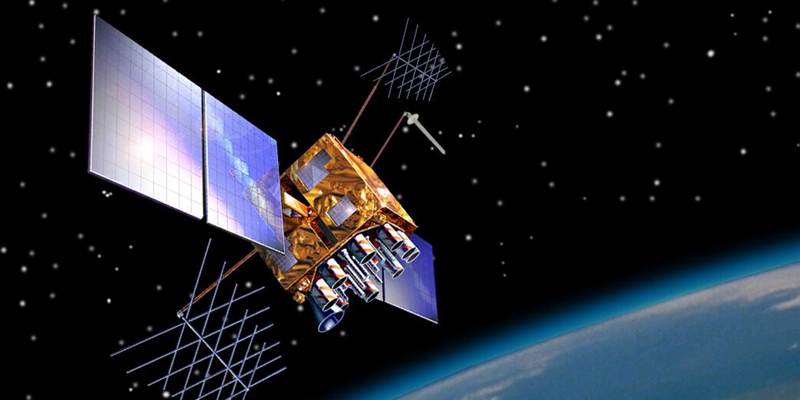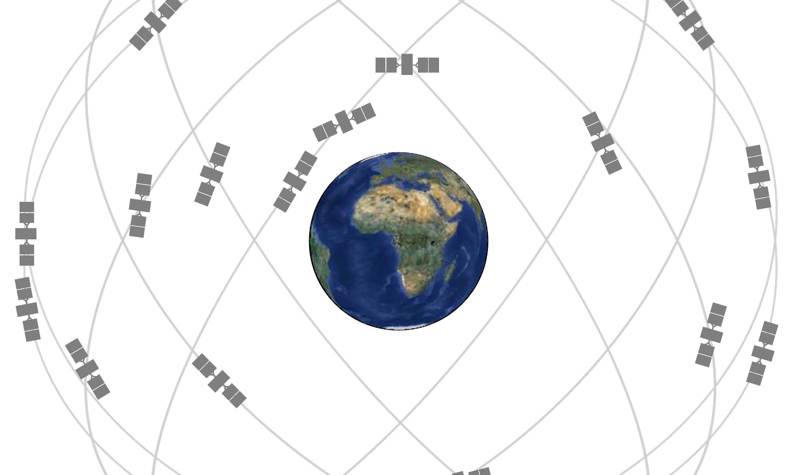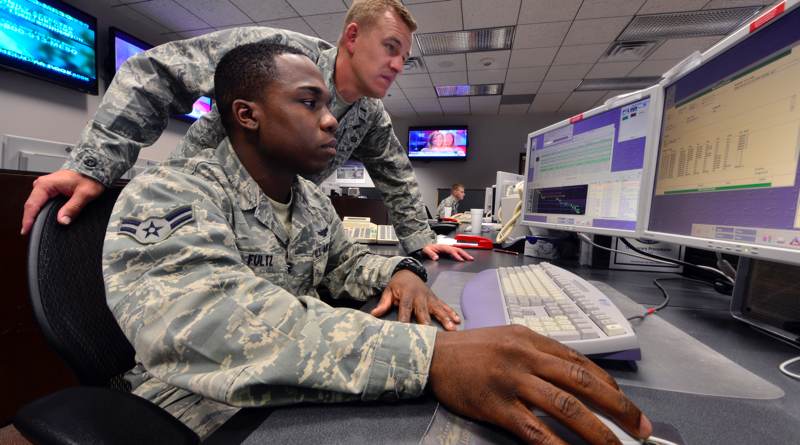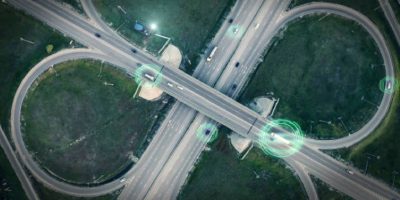
Though it hasn’t been ubiquitous for all that long, plenty of people wouldn’t think about driving somewhere without the Global Positioning System (GPS). Compared to this marvel of technology, looking at a map to figure out where you are and how to get where you’re going seems positively archaic.
We rely on GPS for a lot more than just driving directions. Several things we rely on – including banks, the power grid, cellular networks, and more – use GPS. These are just a few examples of how important GPS is.
The History of GPS
GPS got its start in 1973 and was designed to replace prior navigation systems. The system was developed by the United States Department of Defense, but civilian use of GPS has been allowed since the 1980s. Initially, the highest-quality GPS signal was restricted to military use.
Vehicles began integrating GPS in earnest in the late 1990s, replacing clunkier in-car navigation systems. Qualcomm first successfully tested GPS in mobile phones in 2004. Since then the use of GPS has exploded.
How Exactly Does GPS Work
A network of satellites is necessary to achieve worldwide GPS coverage. A minimum of twenty-four satellites is necessary, though thirty-one GPS satellites currently orbit the Earth. This may seem like a large number, but considering how GPS works, it really isn’t all that many.

To get a GPS signal, you need line-of-sight to a minimum of four satellites. This may seem like an unusual number to anyone familiar with basic triangulation. That’s because, in addition to three coordinates, there’s another key factor in precisely determining a location.
The onboard clock on a GPS satellite actually runs faster than a clock on Earth. They run roughly 38 milliseconds faster per day. This may not seem like much, but it’s enough to throw off a GPS signal by miles.
The fourth satellite accounts for the time deviation from the atomic clocks used on the satellites and the clock in your GPS device on Earth. With this, the device can correct for the timing errors in the three other GPS signals and precisely determine location.
Things You May Not Know About GPS
Because GPS is used so widely, you might think it’s an openly agreed-on technology. That isn’t the case. GPS is actually owned by the United States government and operated by the United States Air Force. The United States government provides civilian access to GPS data worldwide.

As mentioned at the top of the article, GPS isn’t only used for location data. Because of the precise nature of time measurement necessary for location, GPS time data is only slightly less accurate than an atomic clock. Because of this, several services rely on GPS for time synchronization.
Conclusion
As you may have gathered from reading this article, GPS can be as surprising as it is important. It’s only going to increase in importance as long as IoT and other technology applications continue to use it.
If this has you yearning for more background on some of the technology we use day in and day out as well as what the future may look like, we have you covered. For further reading, see our timeline of the history of IoT.








